We've tested gaming performance with Nvidia's new 'Nvidia App,' which is installed by default with the driver package, and found that it reduces performance by up to 15% in some games.
When Nvidia rolled out its 566.14 drivers last month, it officially placed GeForce Experience (GFE) on legacy status. The first time you load GFE with 566.14, it will prompt you to update to the new Nvidia App. You could decline, but there will be no future updates to GFE. With the 566.36 drivers, Nvidia removed GFE completely and there's only the Nvidia App — or you can run without the extra features it provides and install the drivers only. It appears skipping the Nvidia App might be the better course of action for the time being, as we've confirmed reports around the web that the App hurts gaming performance, dropping framerates by up to 15% in some cases.
If it's not immediately clear, 15% is a massive performance drop caused by a driver or application update. To put it in perspective, the more expensive RTX 4060 Ti is only 18% faster than the base model RTX 4060, according to our GPU benchmarks, running both at 1080p medium settings. Thankfully, the performance decrease isn't universally 15%, but we tested with the 4060 and saw a 2–12 percent drop in framerates across the five games that we tested.
We used the numbers from our recent Intel Arc B580 review, then retested a handful of games after doing a clean driver install, this time without installing the Nvidia App as part of the package. Here's the rundown of performance.
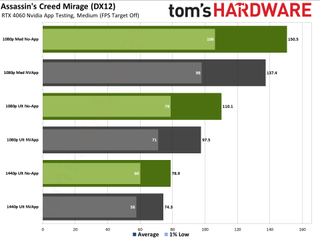
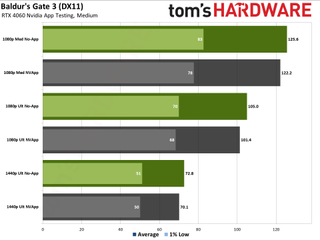
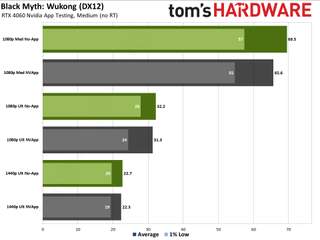
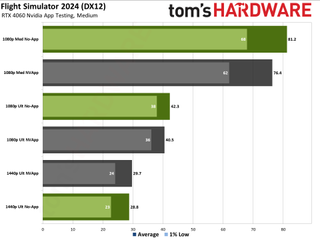
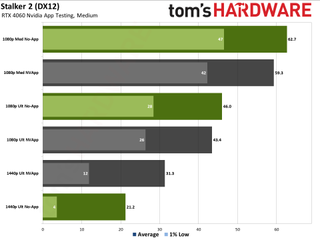
There were a few anomalies, like Stalker 2 at 1440p ultra ran faster with the App — but it was clearly running out of VRAM in either case, so the numbers weren't consistent. Probably, we just had a 'lucky' run when we did our initial testing. Microsoft Flight Simulator 2024 was also slightly faster in our 1440p ultra results when using the App. Still, it was within the margin of error, and neither result was particularly promising at less than 30 fps.
Everywhere else, not having the Nvidia App installed (or at least not running, though we didn't check that scenario) improved performance. We sort of expected 1080p medium to show the largest delta, as that's more of a CPU-limited scenario, but the performance hit was mostly independent of the settings and resolutions we tested. Some games showed a smaller hit to performance, others larger, and of course we're only talking about one set of hardware tested for the time being. But it's clear there's a problem with performance being reduced by a not-insignificant amount.
Some people have opined that Unreal Engine 5 games are the most affected, but by our numbers, the biggest loser was Assassin's Creed Mirage, which dropped by 9% at 1080p medium, 12% at 1080p ultra, and 6% at 1440p ultra. Stalker 2 lost around 6% as well (skipping the 1440p ultra result), while Black Myth: Wukong 'only' dropped by about 2–6 percent. Baldur's Gate 3, a DirectX 11 game, saw a 3–4 percent hit, and Flight Simulator 2024 lost 6% at 1080p as well.
It's a safe bet that the performance loss will vary with different CPUs and GPUs, though without further testing, we can't say precisely how much. At least one user reported up to a 15% performance loss in Black Myth: Wukong when testing an RTX 4080 Super paired with a Ryzen 7 9800X3D, so it could be that higher-performance GPUs are even more impacted.
We've reached out to Nvidia for comment, and we expect there will be some frenzied behind the scenes work to try and figure out the root cause and hopefully fix it. In the meantime, if you don't need the extra features the App offers and you prefer higher gaming performance, we recommend doing a clean driver install and skipping the Nvidia App for now. After spending the better part of the past year in beta status, we can only question why Nvidia didn't leave it there to bake a few months longer.

 5 days ago
4
5 days ago
4
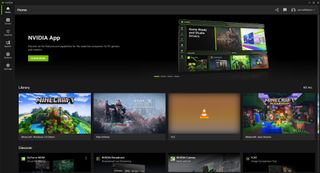


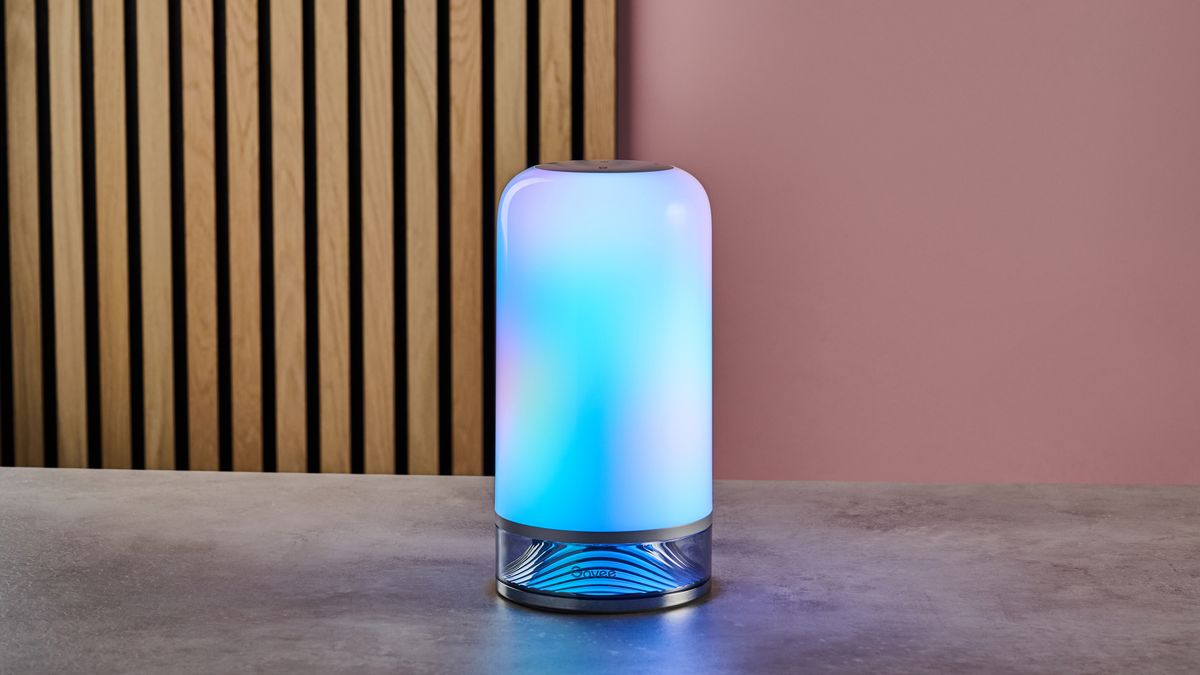





 English (US) ·
English (US) ·